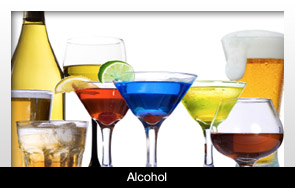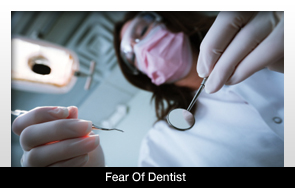Alcohol Can Have Disastrous Impact on Oral Health
Written by Dentistry TodayThursday, 15 November 2012 16:37
 |
It’s not a stretch for oral cancer to develop after excessive alcohol consumption.
The Finnish Dental Association recently issued a warning about the danger of drinking alcohol and the adverse effect it may have on one’s oral health. According to recent data, around 400,000 to 600,000 people in Finland consume too much alcohol. Alcohol and smoking are two of the top risk factors for oral cancer.
Oral cancer can be extremely serious. It kills more people than cervical cancer and Hodgkin’s disease.
Alcohol’s danger stems from the fact that it enables more tobacco to be absorbed into bodily systems, which obviously is not a good thing for the body. Therefore, people who drink and smoke are at a higher risk for developing oral cancer than people who don’t smoke or drink.
In Finland, dentists are advising people to only drink alcohol in moderation to lower the risk of mouth cancer.

